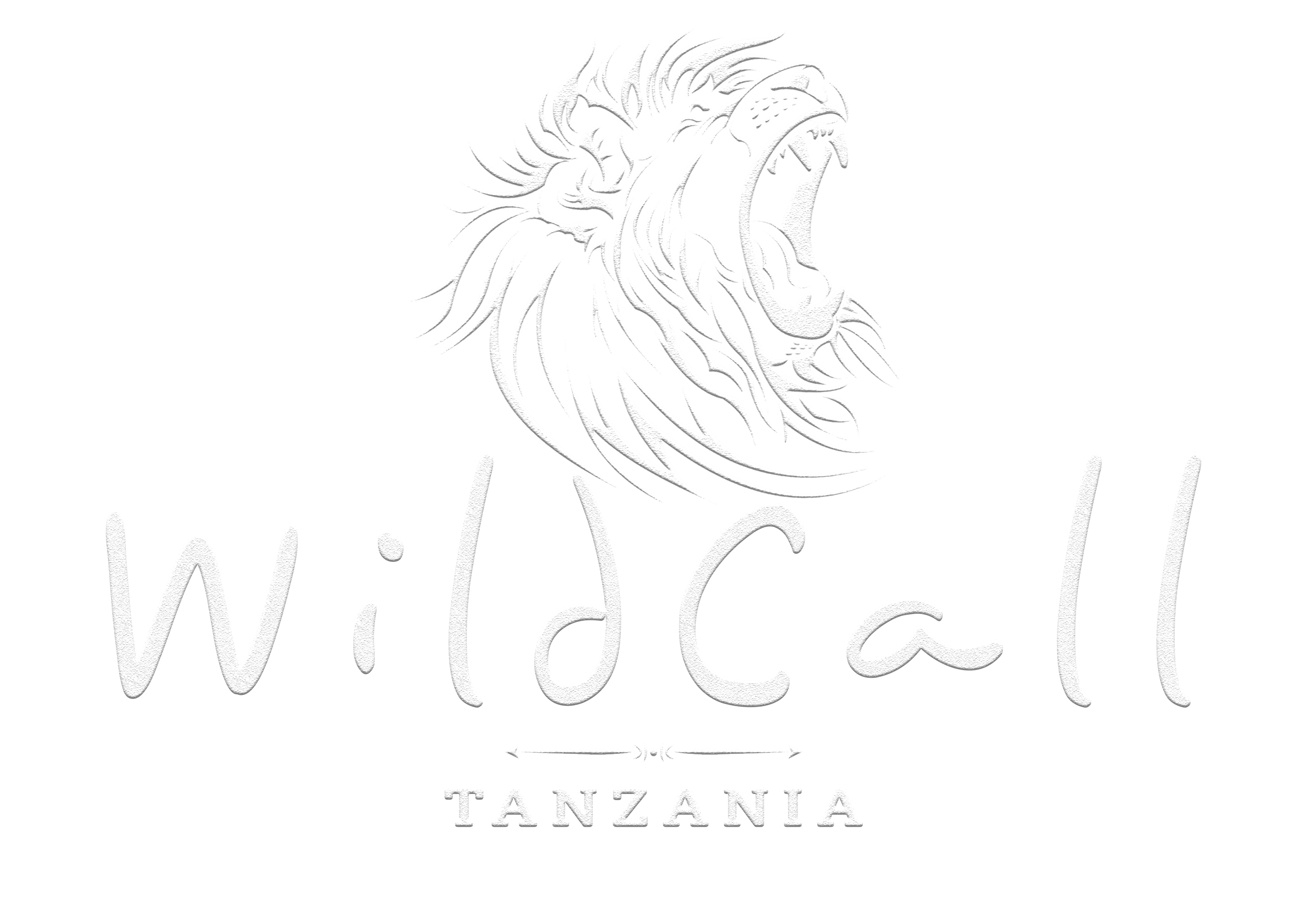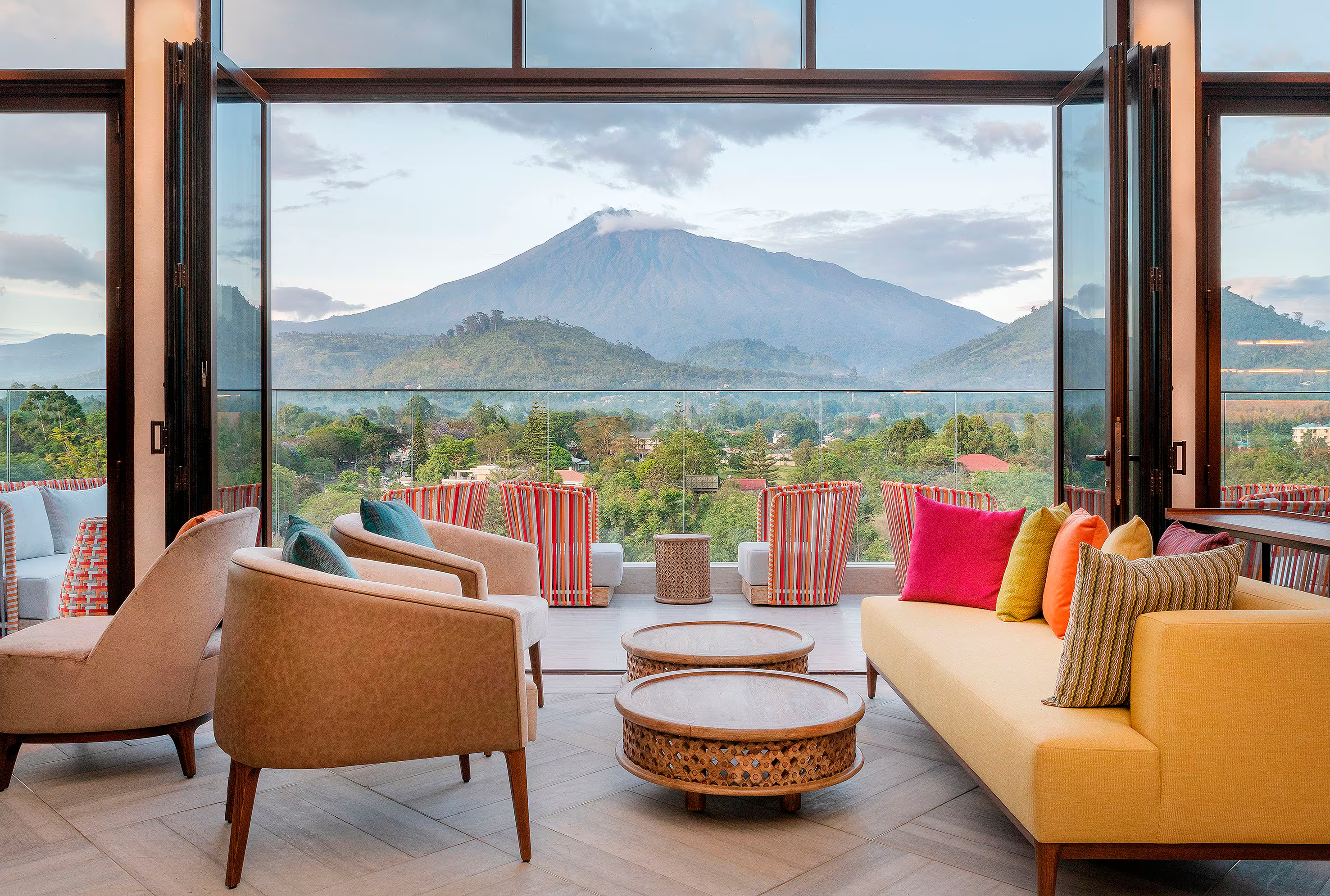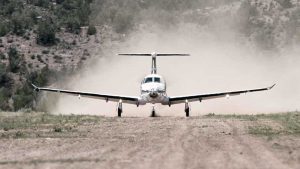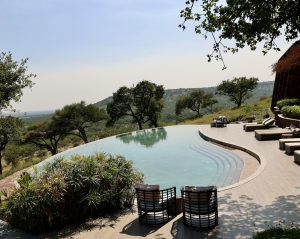Preparation FAQ
Preparation FAQ for Climbing Kilimanjaro
What Should I Pack for My Trip?
Packing the right gear is essential for a successful climb. Here’s a comprehensive list of what you should bring:
Clothing:
- Layered clothing system (base layers, insulating layers, and outer shell)
- Waterproof and windproof jacket and pants
- Thermal underwear
- Fleece or down jacket
- Warm hat and gloves
- Sun hat and sunglasses
- Hiking boots (well broken-in)
- Gaiters
- Hiking socks and liners
- Quick-dry shirts and pants
- Rain poncho or jacket
Gear:
- Backpack (30-40 liters) for daily essentials
- Duffel bag for porters to carry (max 15 kg)
- Sleeping bag (rated for -10°C/14°F or lower)
- Sleeping mat
- Trekking poles
- Headlamp with extra batteries
- Water bottles or hydration bladder (3 liters capacity)
- Water purification tablets or filter
- Personal first aid kit (band-aids, blister treatment, pain relievers, etc.)
- Sunscreen and lip balm with SPF
- Insect repellent
- High-energy snacks (energy bars, nuts, etc.)
- Personal hygiene items (toothbrush, wet wipes, hand sanitizer)
What’s the Best Time of Year to Book a Trek in Kilimanjaro?
The best times to climb Mount Kilimanjaro are during the dry seasons:
- December to mid-March: This period is warmer, and the conditions are generally dry and clear, making it a popular time for trekkers.
- Mid-June to the end of October: Another dry season with great weather, offering clear skies and excellent climbing conditions.
Both these periods are also the busiest, so booking well in advance is recommended.
I am Landing in Nairobi. How Do I Get to Kilimanjaro?
From Nairobi, you have a few options to reach Kilimanjaro:
- Flight: The quickest and most convenient option is to fly from Jomo Kenyatta International Airport (NBO) in Nairobi to Kilimanjaro International Airport (JRO). The flight takes about 1 hour.
- Bus: Several bus companies operate routes from Nairobi to Arusha, Tanzania, which is close to Kilimanjaro. The journey takes approximately 5-6 hours by bus, plus additional time for crossing the border.
- Private Transfer: You can also arrange a private transfer or shuttle service from Nairobi to your Kilimanjaro trek starting point. This option offers flexibility and comfort.
Are Any Permits Required for Climbing Kilimanjaro?
Yes, climbing Kilimanjaro requires permits, which are included in the cost of our tour packages. These permits cover:
- Park entry fees
- Camping or hut fees
- Rescue fees
We handle all permit arrangements as part of our service to ensure a hassle-free experience for our clients.
What Type of Insurance Should I Have? Where Can I Obtain a Policy?
Having the right insurance is crucial for your Kilimanjaro trek. Your insurance should cover:
- Emergency Evacuation: In case you need to be evacuated due to altitude sickness or injury.
- Medical Expenses: For any medical treatment required during the trek.
- Trip Cancellation and Interruption: To protect against unforeseen events that might force you to cancel or cut short your trip.
- Baggage Loss and Delay: To cover any loss or delay of your personal belongings.
You can obtain a suitable travel insurance policy from various providers. Some well-known providers include:
- World Nomads
- Allianz Travel Insurance
- Travel Guard
- InsureMyTrip
Be sure to carefully read the policy details to ensure it covers high-altitude trekking and emergency evacuation.
Still have questions?
Contact Wild Call Tanzania Safaris for more detailed information and personalized assistance in preparing for your Kilimanjaro adventure.
Related Posts

Luxury Tented Safari Camp In Tanzania’s Ngorongoro

Top Luxury Tanzania Safari Tours, Trips, and Adventures

675 Premium Tanzania Luxury Safaris (Offered by 156 Tour Operators)







